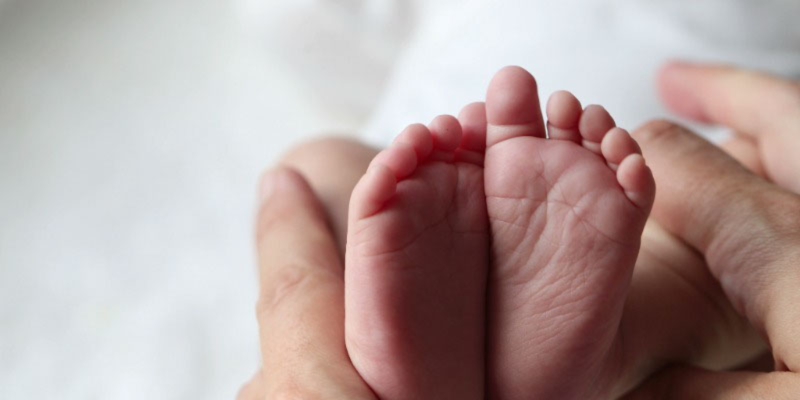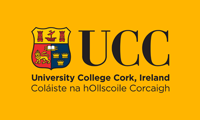News
Study completes most in-depth mapping of healthy gut bacteria transfer from mother to infant

Highlights the important factors in gut bacteria transfer including vaginal birth and avoidance of intrapartum antibiotics; signals the potential role of supplements in transferring probiotic benefits from mother to infant.
Researchers have completed the most in-depth investigation to date of mother-to-infant transmission of common gut bacteria. The study reveals the effective transfer of the gut bacteria Bifidobacterium, a major component of health from infancy through to adulthood.
The ‘MicrobeMom’ joint research project is led by researchers at APC Microbiome Ireland, a world-leading SFI research centre based in University College Cork (UCC) and Teagasc, PrecisionBiotics Group, the UCD Perinatal Research Centre, University College Dublin, and the National Institute for Bioprocessing, Research & Training (NIBRT).
The ‘MicrobeMom’ project, shows that maternal-to-infant transmission of gut bacteria is a common phenomenon and is strongly influenced by external factors including mode of delivery and exposure to antibiotics in labour.
The study is published in the May edition of Nature Communications.
Researchers found that Bifdobacterium - a probiotic or healthy bacteria - are present from early stages in infant gut with a range of health and functional benefits, including reducing the development of allergies and asthma. The findings could support the development of targeted probiotic supplements based on these bacteria, with potential benefits to boost immune systems, increase microbial infection resistance, fight disease and aid digestion.
The study detected that delivery mode is a key factor in effective strain transmission with greater microbe diversity observed in vaginal births, with the highest transfer rates linked to spontaneous labour. Maternal exposure to antibiotics during labour significantly reduced the number of strains shared.
‘MicrobeMom’ commenced in 2017 to investigate the most likely methods of transfer of bifidobacteria strains from mother to baby, and impact of the mother’s diet and health on her gut bacteria.
An earlier study, published in The American Journal Of Obstetrics and Gynecology MFM, identified the potential of exploring maternal supplementation to positively impact and benefit gut health, and called for further investigation.
Professor Paul Cotter, Principal Investigator at APC, said: “The low level of strain transfer detected in our initial study highlights that strain transfer can be used as a means of getting probiotic strains to the guts of infants through their administration to mothers. While the particular strain (Bifidobacterium breve 702258) did not transfer very efficiently, it did provide very valuable ‘proof of concept data’ prompting us to further explore the possibility of beneficial supplement intervention during pregnancy and transfer to the child.”
Professor Fionnuala McAuliffe, UCD Full Academic Professor of Obstetrics and Gynaecology at National Maternity Hospital Dublin and Director of the UCD Perinatal Research Centre, said: “This is significant and exciting research. By using our combined approach of metagenomic sequencing with culture and whole genome sequencing, our study has provided the most in-depth investigation to date of the transmission of Bifidobacterium from mother to infant. We have identified key clinical factors associated with beneficial transfer of Bifidobacterium from mother to baby such as spontaneous vaginal birth.”
Professor Douwe van Sinderen, Principal Investigator at APC, commented: “This is a fascinating and highly collaborative project involving a number of institutions from academia, medicine and industry. Our research shows that maternal-to-infant transmission is a common phenomenon and established that many bifidobacteria naturally present in mothers transferred from mom to baby very effectively and transmission is strongly influenced by external factors including mode of delivery and antibiotics. This will benefit from further research and may point to a role for probiotic supplements during pregnancy, for targeted infant microbiome and health benefits.”
‘MicrobeMom’ is a joint research investment of €3.4 million by Science Foundation Ireland through the SFI Spokes programme and leading Irish company PrecisionBiotics.
ENDS
Notes to the editor:
- The study Detailed mapping of Bifidobacterium strain transmission from mother to infant via a dual culture-based and metagenomic approach is published in Nature Communications.
- The earlier study ‘Ability of Bifidobacterium breve 702258 to transfer from mother to infant: the MicrobeMom randomized controlled trial’ is published in The American Journal Of Obstetrics and Gynecology MFM.


